NATO Secretary General Jens Stoltenberg sparks the debate inviting Western countries to reflect on the possibility of removing the ban that prevents Ukraine from hitting military targets in Russia with weapons supplied by partners in the war against Moscow. The words of the Alliance’s number 1 trigger a chain reaction and different positions emerge among the countries that support Kiev.
Stoltenberg addresses the United States in particular, which made long-range Atacms missiles available to Kiev at the beginning of April: they can hit 300 km away and, therefore, hit the places from which Russian forces launch missiles daily. In Washington, the topic is at the center of the discussion, above all – apparently – due to the pressure from Secretary of State Antony Blinken. British Foreign Secretary David Cameron said during a recent visit to Kiev that it was up to Ukraine to decide whether to use British weapons against positions in Russia.
Sweden in pole position
Among the other allies there are those who choose a prudent line and those, like Sweden, who do not say no a priori. The newspaper Hallandposten reports the response of the Ministry of Defense, led by Pal Jonsson, to the question about Stockholm’s position in the international framework: “Ukraine is subject to an unprovoked and illegal war of aggression by Russia. According to international law , Ukraine has the right to defend itself with military actions aimed at the territory of the enemy, in compliance with the laws of war. Sweden supports the international law of war and Ukraine’s right to self-defense.”
Zelensky: “We know where to strike”
The topic is highly topical given the raids that Russia conducts every day against Ukrainian territory and in particular, in recent days, against the Kharkiv region.
“Many leaders, representatives of states and international organizations, as well as leaders of civil society, expressed solidarity with Ukraine and Kharkiv and condemned Russian terrorism. It is important that such condemnation has correct consequences” and leads Kiev to “finally receive a number sufficient air defense systems to protect Ukraine and our cities. Partners must demonstrate sufficient resolve to support the kind of protection against Russian terrorists that would be struck and destroyed before they can start destroying life,” Zelensky says.
Ukraine, as also confirmed by reports from the armed forces, knows the positions from which the missiles are launched. “We can see every point where Russian troops are concentrated. We know all the areas from which Russian missiles are launched and fighter planes take off. Destroying this terrorist force, saving thousands of lives and ensuring that the war does not spread is a entirely political decision. The decision that has to be made”, he says, trying to exploit Stoltenberg’s ‘assist’.
Germany slows down, Baltic countries accelerate
Ukraine would benefit from Taurus missiles, which Germany has so far not agreed to supply. German Chancellor Olaf Scholz has reiterated in the last few hours that he is against the use of German weapons by the Ukrainian armed forces to strike targets in Russia. “We have agreed clear rules with Ukraine for the delivery of weapons. Rules that work. At least that’s my theory,” Scholz said at an event in Berlin marking the 75th anniversary of the German Constitution. Since Russia invaded Ukraine more than two years ago, Germany has supplied Kiev with artillery pieces long-range such as the Mars II rocket launcher, which has a range of over 80 kilometers.
The Baltic countries ready for action
Rumors arrive from Germany, and in particular from Der Spiegel, which find ample space in the Ukrainian media. Last week, on the sidelines of an international security conference in Tallinn, representatives of the Baltic countries informed representatives of Berlin: Estonia, Latvia and Lithuania are ready to send soldiers to Ukraine if the war situation were to become totally favorable to Russia.
The Baltic countries, to which Poland is also compared, would not wait for a possible Russian advance towards the Western borders: “Those who want to limit the war through excessive restrictions actually risk losing control”, summarizes the magazine.






